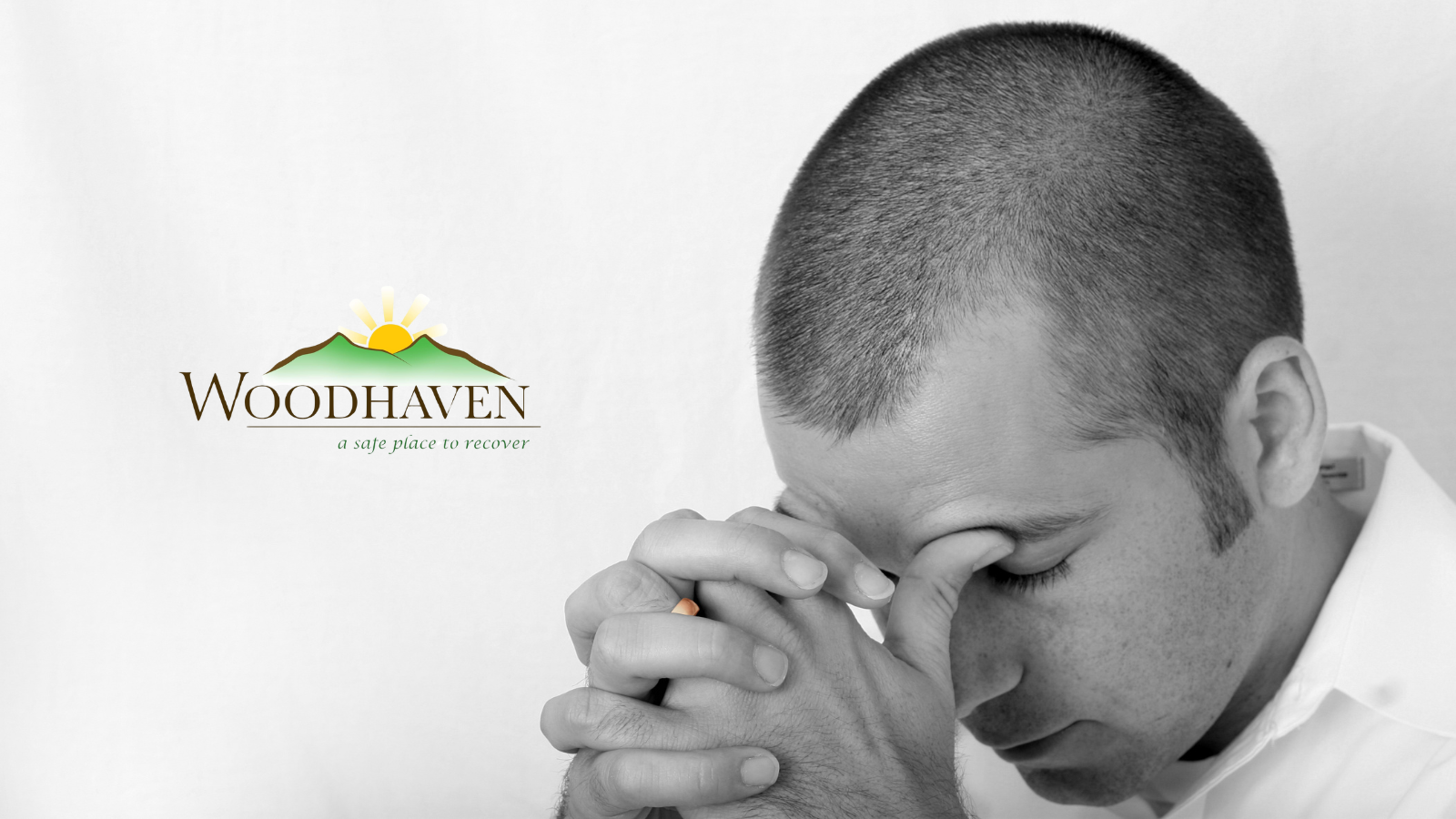Should I Choose Outpatient or Inpatient Rehab? Here's How to Decide
Understanding the Two Paths to Recovery
Trying to figure out the right kind of addiction treatment can feel overwhelming—especially when the stakes are this high. You might be asking yourself: Do I need to check into a facility? Can I keep working while I get help? Will outpatient care be enough? These are real questions that come with real fears behind them.
The truth is, there's no one-size-fits-all answer. But understanding the difference between inpatient and outpatient rehab—and knowing which one fits your situation—can make a huge difference in your recovery. This guide breaks it down in a way that's clear, honest, and focused on helping you take that next step with confidence.

What Is Inpatient Rehab?
Inpatient rehab means living at a treatment center full-time while getting help for addiction. People stay at the facility day and night, which creates a safe environment away from the pressures and triggers of daily life. Treatment usually follows a structured schedule that includes therapy, medical support, group meetings, and activities that build life skills.
This option is often recommended for people who have struggled with addiction for a long time, have tried outpatient treatment without success, or face serious mental health challenges at the same time. Being fully immersed in a supportive setting gives people a chance to focus completely on healing without distractions or easy access to substances.
What Is Outpatient Rehab?
Outpatient rehab allows people to live at home while attending treatment sessions several times a week. It offers more flexibility for those who need to keep up with work, school, or family responsibilities while getting help. Depending on the program, people might attend therapy during the day, in the evenings, or even on weekends.
There are different levels of outpatient care, ranging from regular weekly sessions to Intensive Outpatient Programs (IOPs), which involve more hours of treatment each week. Outpatient rehab works well for people with strong support at home, a lower risk of relapse, or a mild to moderate addiction.
Key Factors to Consider When Choosing
Picking between inpatient and outpatient rehab depends on several personal factors. One of the biggest things to think about is the severity of the addiction. If someone is using heavily or has been battling addiction for a long time, inpatient care usually offers the stronger foundation they need to rebuild their life.
It is also important to look at the home environment. If home life feels unstable, stressful, or full of triggers, inpatient treatment can offer a safer space to recover. On the other hand, if someone has a supportive home and can avoid people or places tied to their addiction, outpatient care might be enough. Other things to weigh include mental health needs, financial situation, work or school responsibilities, and the risk of relapse based on past experiences.
Pros and Cons: A Realistic Breakdown
Both types of rehab have their strengths and challenges. Inpatient rehab offers constant support, a highly structured routine, and a full break from everyday temptations. It often leads to stronger early recovery but requires stepping away from regular life for weeks or months, which can be hard for families and jobs.
Outpatient rehab lets people stay connected to their daily lives. It can be more affordable and gives people a chance to practice new skills in real-world situations. The downside is that temptations and old habits are still close by, and without strong support at home, staying sober can be tougher.
Common Misconceptions About Rehab Choices
A lot of people believe that inpatient rehab is always the better choice, but that is not true for everyone. Outpatient programs can be just as effective, especially for people who have strong motivation and a solid support system at home. Recovery is not about where you are; it is about the work you are willing to do.
Another misunderstanding is that outpatient treatment means someone is not serious about getting better. In reality, some people need to stay connected to their daily responsibilities and still get professional help. It is about what fits their life while keeping recovery the top priority. Insurance coverage is another area where assumptions can cause problems. Many plans cover both inpatient and outpatient care, sometimes even encouraging outpatient treatment first depending on the situation.
How to Make the Right Choice for You (or Your Loved One)
Start by asking a few honest questions. How severe is the addiction? Has there been a history of relapse? Is the home environment safe and supportive? Are there mental health issues that also need treatment? The answers can help guide the decision.
When it feels too hard to figure out on your own, reaching out to a professional for an assessment can take a lot of pressure off. Treatment teams are trained to match people with the level of care that gives them the best chance at success. Choosing to get help is already a major step forward. The specific path matters, but the courage to step onto it matters even more.

Taking the First Step is Bigger Than Picking the Perfect Path
It is easy to get caught up in trying to make the perfect choice between inpatient and outpatient treatment. People often worry that if they choose the wrong one, they will fail. The truth is, the most important thing is deciding to get help in the first place. That decision alone changes everything.
Recovery is not about finding a perfect plan. It is about building a new life, one honest step at a time. Whether you start with inpatient care or outpatient support, what matters most is showing up for yourself and staying committed when it gets tough. Help is out there, and the path you choose today can open doors you cannot even see yet.













